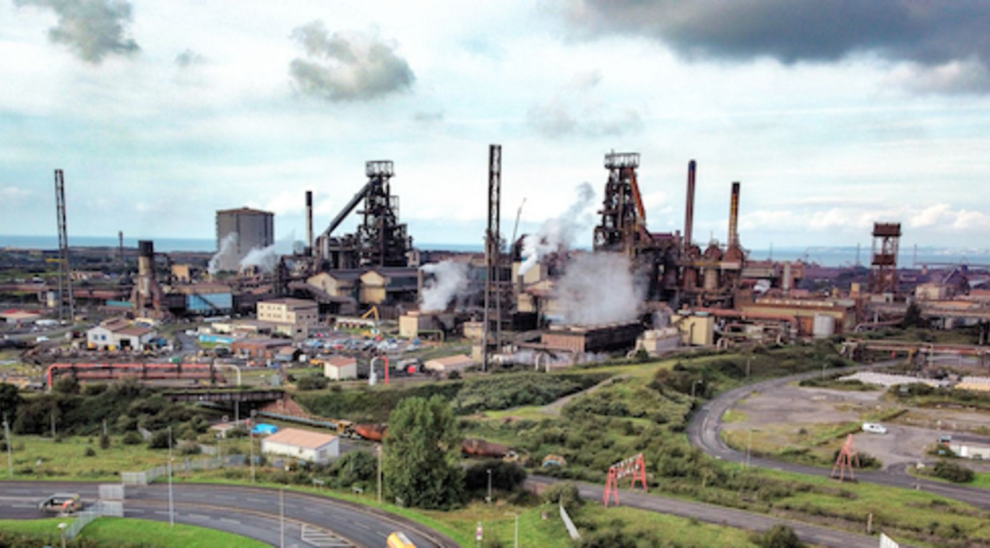IN a significant development, Tata’s Port Talbot steelworks is set to witness thousands of job losses this year as the Indian-owned steel giant proceeds with its ambitious plans to transition to green steel manufacturing. The decision was confirmed after a meeting between unions and Tata bosses in London, where the company rejected a union proposal for a slower and less painful transformation.
The impact of the job cuts is expected to reverberate across all aspects of Tata’s UK operation, affecting both those employed in manufacturing works and administrative roles. Apart from Port Talbot, Tata operates works in various locations, including Trostre in Llanelli, Llanwern in Newport, Catnic in Caerphilly, and Shotton in Deeside. The majority of its workforce is concentrated in Port Talbot, with additional distribution centres across the UK and development facilities in Swansea, Hartlepool, Corby, and Wednesfield.
Reports suggest that approximately 3,000 job losses are anticipated, with the first wave expected to commence in April and the majority concluded by September this year. The impending closure of both blast furnaces at the Port Talbot steelworks is expected to be a focal point of Tata’s restructuring.
While Tata is yet to make a formal announcement, the decision to replace blast furnaces with electric arc furnaces, although environmentally friendly, is expected to result in mass redundancies at the Port Talbot plant and throughout the supply chain. The company’s £1.25bn transformation plan, supported by a £500m subsidy from the UK Government, aims to shift from traditional steel production methods using fossil fuels to a more sustainable approach powered by renewable electricity.
Unions had advocated for a more gradual transformation, spanning a decade, to safeguard jobs and explore alternative green steel production methods beyond electric arc furnaces. The unions, in collaboration with industry experts Syndex, proposed an alternative plan supported by GMB and Community, aiming to protect over 2,300 jobs over the next ten years. Under their proposal, blast furnace number four at Port Talbot would continue until 2032, with the construction of a small electric arc furnace and either a second electric arc furnace or an open slag bath furnace.
Expressing disappointment over Tata’s decision, Charlotte Brumpton-Childs, GMB National Officer, emphasised the unions’ commitment to fighting against any compulsory redundancies. She stated, “Our position remains that any compulsory job losses are wholly avoidable, and the people of south Wales, as well as the industry as a whole, deserve the support and consideration that our plan outlines.”
Despite the unions’ efforts to present an alternative plan, the confirmation of Tata’s decision marks a pivotal moment for the future of steel manufacturing in the UK, highlighting the challenges and tensions between environmental sustainability and workforce preservation. The official announcement from Tata is anticipated on Friday lunchtime, following which unions will provide more details after consultations with their members.
















